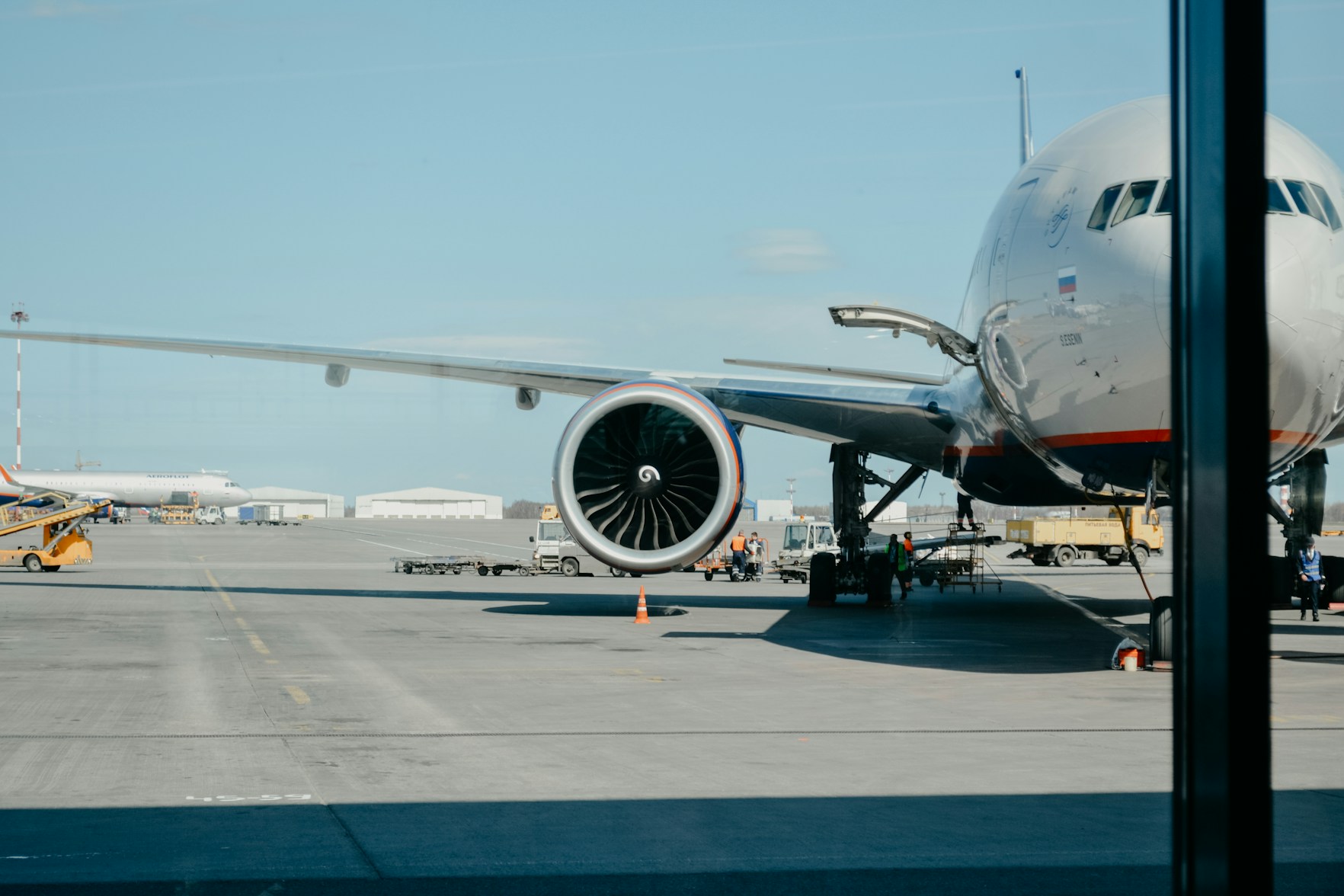
Kanittha
Business Development Manager
The digital transformation wave is reshaping every industry, including government, healthcare, manufacturing, and retail - even transportation is no exception. Technologies like AI, cloud computing, IoT, and digital twins are now the backbone of modern operations, delivering speed, visibility, and resilience at scale.
In this context, airports are at a crossroads. Once seen as static infrastructure, airports today must evolve into intelligent, responsive ecosystems capable of real-time decision-making, providing seamless passenger experiences, and adapting rapidly to crises

Despite these trends, many airports, including those in Thailand, continue to face systemic challenges:

1. Strengthening Safety and Security
2. Enhancing Passenger Experience
3. Advancing Environmental Sustainability
4. Driving Digital Transformation and AI Integration
5. Building Resilience to Crisis Situations
Airports are no longer just transit hubs. They are digital gateways to national reputation and economic vitality. The path forward requires more than physical infrastructure; it demands intelligence, interoperability, and insight.
If you’re exploring ways to modernize airport operations, strengthen resilience, or enhance passenger experience through digital transformation, our team at BKS.net is ready to support your journey.
Let’s build the future of smart aviation together.

Kanittha Kijsawat, Business Development Manager at Bangkok Silicon, is a results-oriented technology executive with over 17 years of experience driving strategic growth and digital transformation across leading IT firms in Thailand and ASEAN. Her expertise spans cloud infrastructure, enterprise modernization, and consultative solutioning for complex government and regulated industry ecosystems. At BKS, Kanittha leads high-stakes initiatives that enable national agencies and large enterprises to harness cloud, AI/ML, and advanced data platforms for competitive advantage. Renowned for her ability to bridge commercial strategy with technical depth, she forges high-value partnerships and accelerates digital maturity across sectors such as public safety, energy, defense, and healthcare.